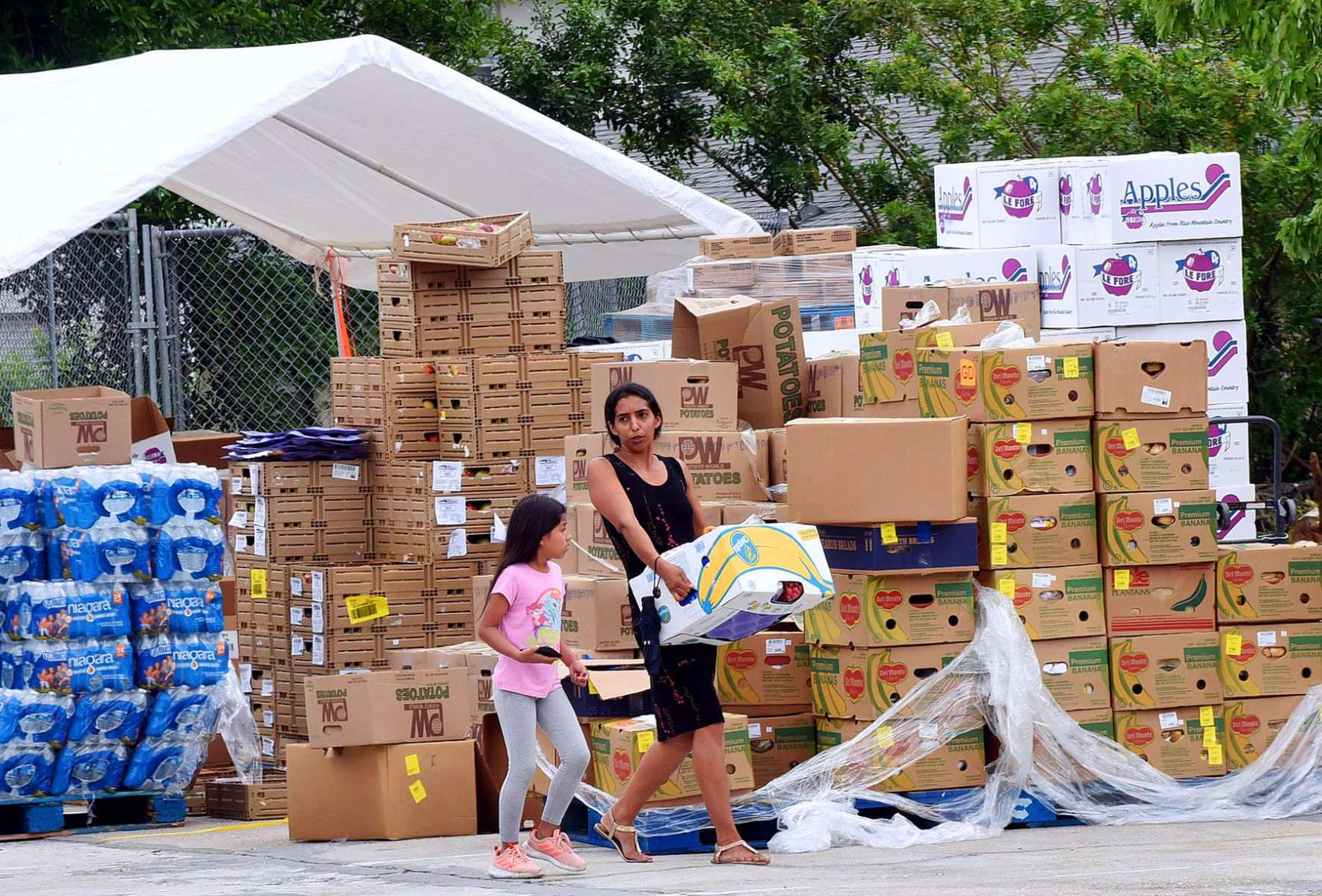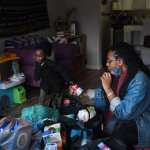Women of color continued to bear an outsized burden of the job loss in January, according to new data released by the Bureau of Labor Statistics on Friday.
Black women saw their unemployment rate increase to 8.5 percent, from 8.4 percent in December. Asian women, for whom the data is not seasonally adjusted because the sample size is much smaller, saw a rise to 7.9 percent from 6.6 percent.
Meanwhile, the unemployment rate among White women is now at 5.1 percent, down from 5.7 percent, a decrease that finds them significantly below women’s overall unemployment rate of 6 percent in January.
Latinas also saw a decrease, from 9.1 to 8.8 percent, but their unemployment rate continues to be among the highest of any group. The only group with a higher unemployment rate is Black men, at 9.4 percent.
Diane Lim, an economist and author of the EconomistMom blog, said the numbers point to a trend that has been true for months now.
Asian women and Latinas are more likely to be the household’s secondary earner and primary caregiver. That means that those groups are particularly susceptible to the child care challenges that have come to define this “shecession,” the term economists have used to describe the first recession in the country’s history that has hurt women more than men.
Women dominate the jobs most vulnerable to coronavirus closures — fields like hospitality and care work — and they are also bearing an outsized care burden at home. As a result, millions of women have left the workforce altogether.
The ones who have chosen to leave are often women whose partners make more money and who are taking up child care after thousands of daycare centers and schools have shuttered.
“Those demands (regardless of the financial opportunity costs) too easily tip the scales in favor of staying at home and cutting back on or quitting their paid work,” Lim and economist Mina Kim wrote.
Now 10 months out from the worst of the job loss in April, the first female recession continues as economic growth sputters to a stop. About 275,000 women left the workforce altogether last month, compared with 71,000 men.
Overall, the economy added just 49,000 jobs in January, a rise that was driven by temporary jobs in the businesses and professional services sector added at the start of the year. It’s the weakest month of growth since the economy started adding jobs back in May 2020. In addition, the Bureau of Labor Statistics revised figures from December, when it originally reported a drop of about 140,000 net jobs — all of which was driven by losses in women’s employment — to a decline of 227,000.
That means that women in fact made up 86 percent of all the net losses in December, instead of 100 percent. And in January, their gains in employment helped drive all of the net increases.
But that doesn’t mean women are faring better. Women still make up about 54 percent of all the net job losses since February 2020, according to data analysis by the National Women’s Law Center. Less than half of the more than 12 million jobs women lost between February and April alone have returned.
Overall, the unemployment rate for all workers has improved slightly to 6.3 percent, down from 6.7 percent in December. But January’s gains of 49,000 jobs constitute a small bump in the larger picture of a struggling recovery that is now plateauing.
The marginal gains for some women in January probably came in part from increases in employment in the education sector, which added some 119,000 jobs between government, public and private education. But the hospitality, health care and retail fields, each of them dominated by women, saw declines of about 129,000 jobs combined.
January’s numbers come at a critical time, as Congress is considering a $1.9 trillion proposal from President Joe Biden to help revive the economy after months of slow growth.
In the early hours of Friday, the Senate approved a budget bill that opens a path for passage of much of Biden’s plan, which includes $1,400 stimulus checks, the expansion of paid sick leave and an extended eviction moratorium but leaves out a rise of the federal minimum wage to $15 an hour. That increase would have benefited the women who make up two-thirds of the country’s lowest-paying jobs.
A Congressional Budget Office Economic Outlook Report released this week projects that the economy won’t return to pre-pandemic unemployment rates until 2024. Janet Yellen, the newly confirmed Treasury secretary, called the outlook a sign that more aid is needed — quickly.
“Last year, the economy shrunk more than any other since the end of World War II. With the growth that the CBO projects, it will be years before the country reaches full employment again,” Yellen said in a statement. “We desperately need Congress to act on a rescue package.”





